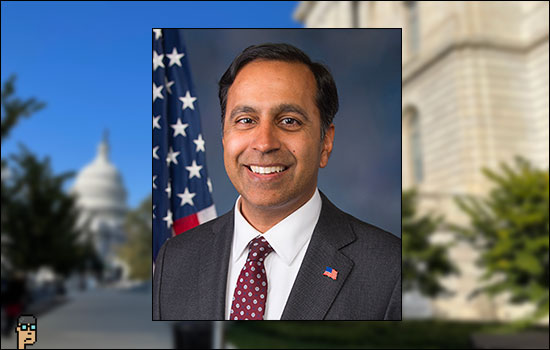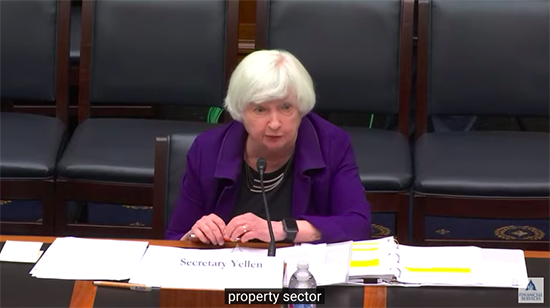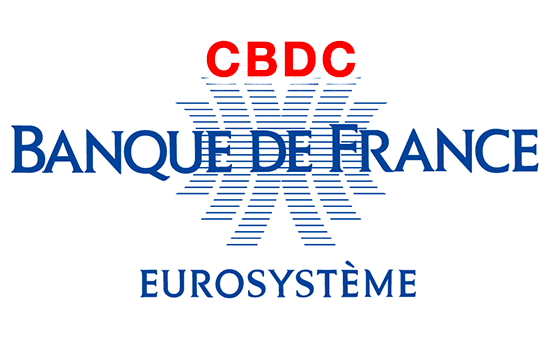As part of the buildup to last weekend’s ETHDenver Ethereum ecosystem conference, a “satellite “conference titled INTEROP took place on February 27-28. Produced by Axelar, a cross-chain infrastructure provider, the conference’s main focus was the Web3 developer community.
And developers are arguably what drew some of the biggest technology companies in the world who showed up to tout their Web3 wares – particularly as it relates to the cloud – including Google, Oracle and Microsoft.
The “elephant” that was not in the room: Amazon.
Below is a selection on each company’s positioning in Web3 according to their participants at INTEROP. (edited for clarity and brevity)
Rich Widmann, Global Head of Strategy, Web3, Google Cloud
“Our goal at Google Cloud is to be the default space for developers to build in Web3. I think a lot of the pain points that that we’ve observed over the last three to four years really happen at that developer level. It’s starting companies; it’s getting familiar with on-chain data; it’s standing up the infrastructure (RPC nodes, validators, etc.); and then there’s a whole host of other issues that relate to storage.”
“If you think about how to get and scale horizontally your node infrastructure – we actually just saw this this weekend with one of the [recent Solana] outages . One of the difficulties was pulling snapshots of the full ledger in order to update validators to get them back up and running and in consensus.”
Continue reading “Google, Oracle and Microsoft Have Web3 Plans”






